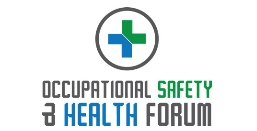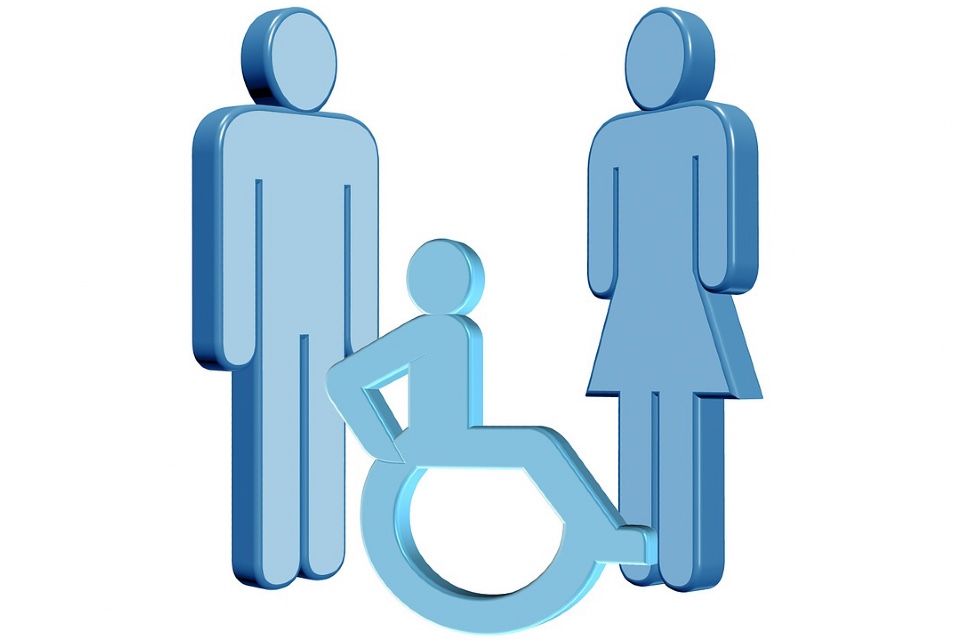Nearly one in three (30 per cent) disabled workers say that they’ve been treated unfairly at work during the Covid-19 pandemic, according to a new poll published by the TUC.
The survey – carried out by YouGov for the TUC – reveals that many disabled people report that they experienced significant barriers in the workplace before the pandemic, and that Covid-19 has made things worse for them.
Before the Covid-19 pandemic, disabled workers were hugely underrepresented and underpaid in the labour market. The employment gap between disabled and non-disabled workers was 28 per cent. And disabled workers are paid 20 per cent less than non-disabled peers.
Covid-19 risks undoing recent improvements in getting disabled people into work, and pushing disabled people back out of the labour market. Recent government figures show that redundancy rates are now 62 per cent higher for disabled workers
Disabled workers told the TUC that their disability or shielding status meant they were treated unfairly, and worse than other colleagues during the pandemic. For example:
- One in 13 (eight per cent) said they were subjected to bullying and/or harassment, being ignored or excluded, singled out for criticism or being monitored excessively at work.
- One in eight (twelve per cent) said they were concerned their disability had affected their chances of a promotion in the future.
- One in eight (13 per cent) said they were concerned their disability had affected how their performance would be assessed by their manager.
The poll also uncovered:
- Shielding workers put at risk: More than one in five (21 per cent) shielding workers worked outside of their home most of the time – even though employers could use furlough to protect shielding workers who could not do their jobs from home.
- Hostile workplaces: One in eight (12 per cent) disabled workers told the TUC that they have not told their employer about their disability or health condition, with many of these workers fearing being treated unfairly (24%) or even losing their job (21%) if they were open about their disability or health condition.
- Employers failing disabled workers: only just over half (55 per cent) of those who asked their employers for reasonable adjustments during the pandemic told the TUC that they had been made in full. Almost a third (30 per cent) said they didn’t get all their reasonable adjustments, and one in six (16 per cent) said they had none implemented. The law says every employer must make reasonable adjustments for disabled members of staff so they can do their job. These may be things like providing the right type of phone for someone who uses a hearing aid, replacing a desk chair with one designed for an employee who has a back condition, or simply allowing home working.
- Unsafe workplaces: A quarter of disabled workers (25 per cent) said they felt unsafe at work during the pandemic due to the risk of catching/spreading the virus – and this rose to nearly one in three (30 per cent) among those who worked outside their homes throughout. Of those who face additional risk to Covid-19 due to their health condition/ disability, almost half (46 per cent) have not discussed these additional risks with their employer.
TUC General Secretary Frances O’Grady said: “Before the pandemic, disabled workers were already up against huge barriers getting into and staying in work. Covid-19 has made it even worse.
“Employers are failing disabled workers. Many disabled and shielding workers felt unsafe at work during the pandemic. And too many disabled workers told us their boss is breaking the law by not giving them the adjustments they need.
“We saw with the last financial crisis that disabled people are all too often first in line for redundancy. As we recover from the pandemic, we can’t afford to reverse the vital progress that disabled people have made – in the workplace and in wider society.
“Ministers must act. We need proper enforcement of disabled workers’ rights to reasonable adjustments and safety at work, and a duty on employers to report and close the pay gap between disabled and non-disabled workers.”





